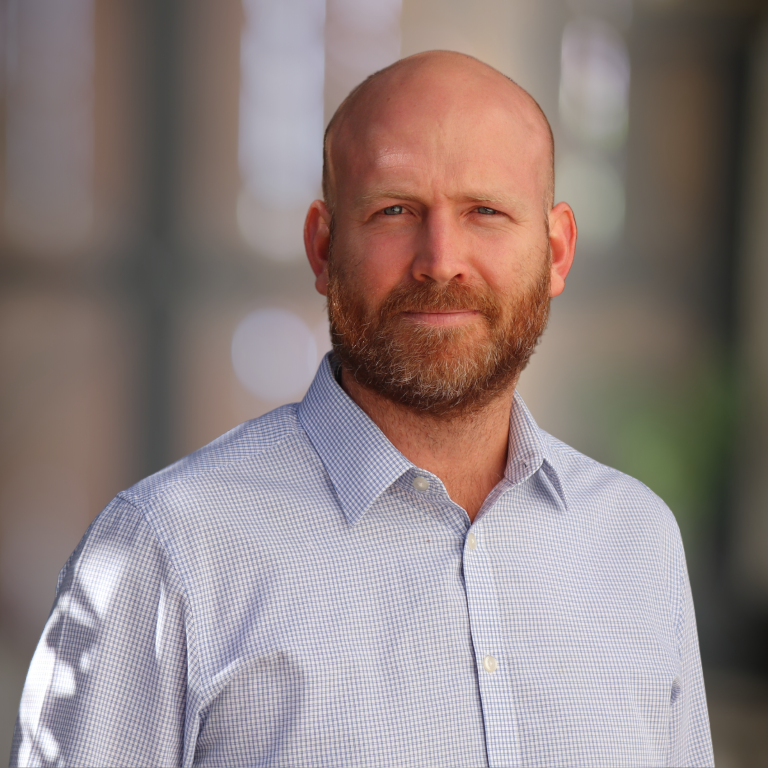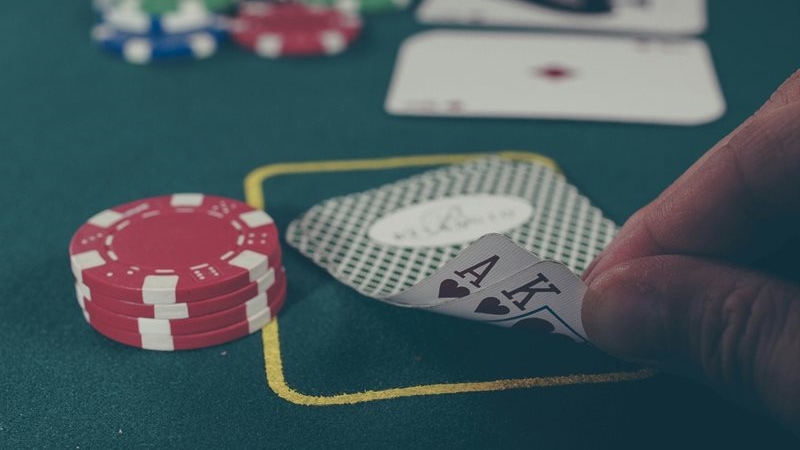It sometimes takes chasing money to realise how empty it is. And once you start down this path, you also discover that you never actually catch it.
Money is a tool. Either you use it, or it uses you.
The danger of focusing solely on money is that decisions become short-term, reactive, and opportunistic. It can:
- Pull you away from the work you truly enjoy and are best at
- Lead to burnout or compromises that damage relationships
- Create a moving target where the more you earn, the more the goal shifts
The irony is that money tends to follow when you focus on:
- Doing valuable work
- Building trust and relationships
- Creating something that compounds over time
In other words, focus on building a life of meaning. When you do this properly, money will often come as a by-product. Not the other way around.
Shouldn’t this be the goal?
Too often the thinking is that you must first earn the money and then meaning and value will follow. In practice, it rarely works that way.
Chasing money is a bit like chasing the hottest stock. It’s exciting in the moment but often disappointing in the long run.
A better approach is to make an intentional decision about the type of company you want to invest in. Looking at fundamentals like consistent earnings growth, profit margins, and cash balances.
These metrics reflect the underlying value of the business, and history shows that if you stick to this kind of strategy, the share price growth will follow.
But if you’re simply chasing the latest fad without considering any underlying metrics or fundamentals, failure is the more likely outcome.
The same principle applies to life. Put processes in place that you follow day in and day out that align with your values and your definition of meaning. That way, you aren’t swayed by the noise or distractions of the moment, and your actions remain consistent with where you want to find your life in 5 / 10 and 20 years time.
This is where investing and life strategies overlap. When the world feels like it’s falling apart, you want to be able to fall back on your fundamentals.
Strong relationships, a solid financial foundation, the support of family and friends, and a secure home life — these are what keep you afloat when crises inevitably come. More than that, they ensure you don’t waste your life on pursuits that feel empty when you look back.
The danger is getting to a point where you realise you never built those foundations, and you end up stuck in a place you never wanted to be. And when the inevitable crash comes - a divorce, a death, and lost job - your life is going to fall apart.
Just as with investing, the earlier you make intentional decisions about your life, the better the long-term outcome, and the more resilient and durable your life becomes. Just like a good portfolio.

Matthew Matthee has a wealth management business that specialises in retirement planning and investments. He writes about financial markets, investments, and investor psychology. He holds a Masters Degree in Economics from Stellenbosch University and a Post Graduate Diploma in Financial Planning from UFS. MatthewM@gravitonwm.com
‘We bring you the latest Garden Route, Hessequa, Karoo news’
















